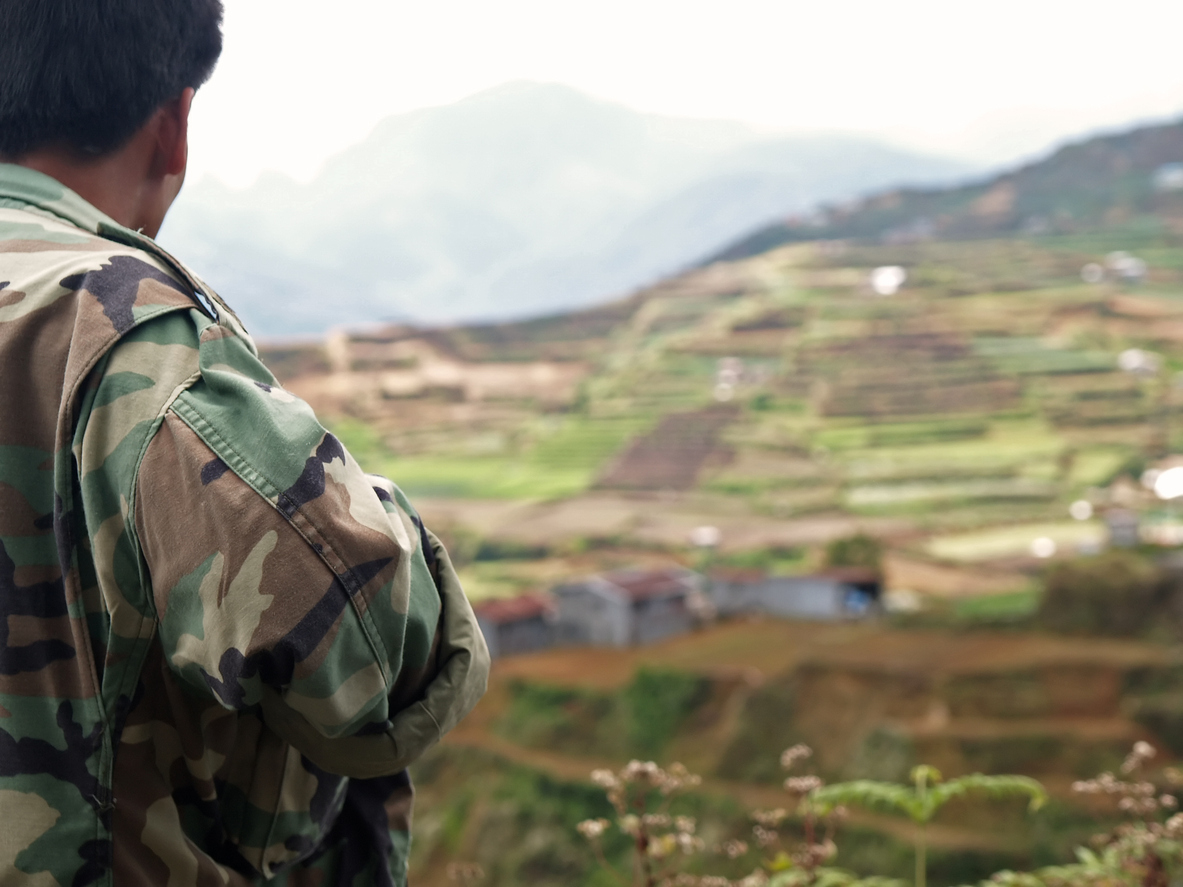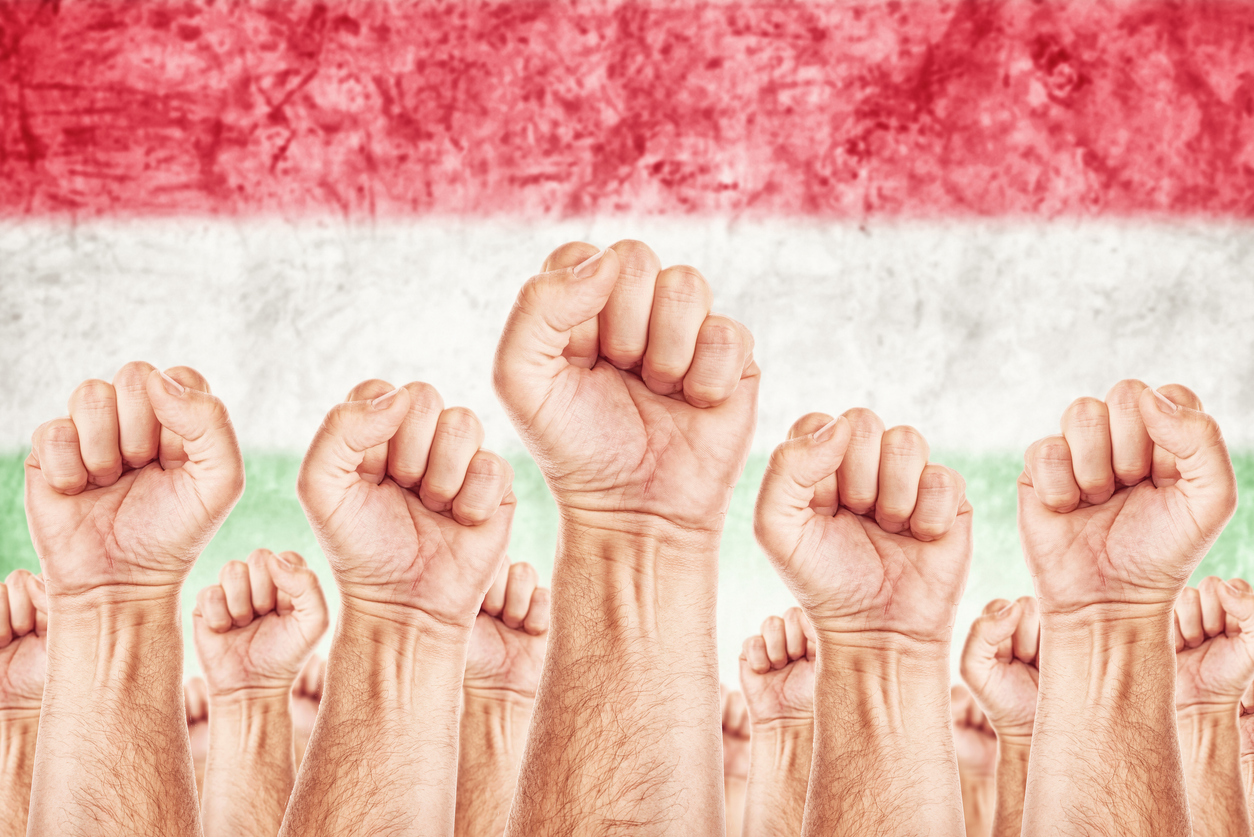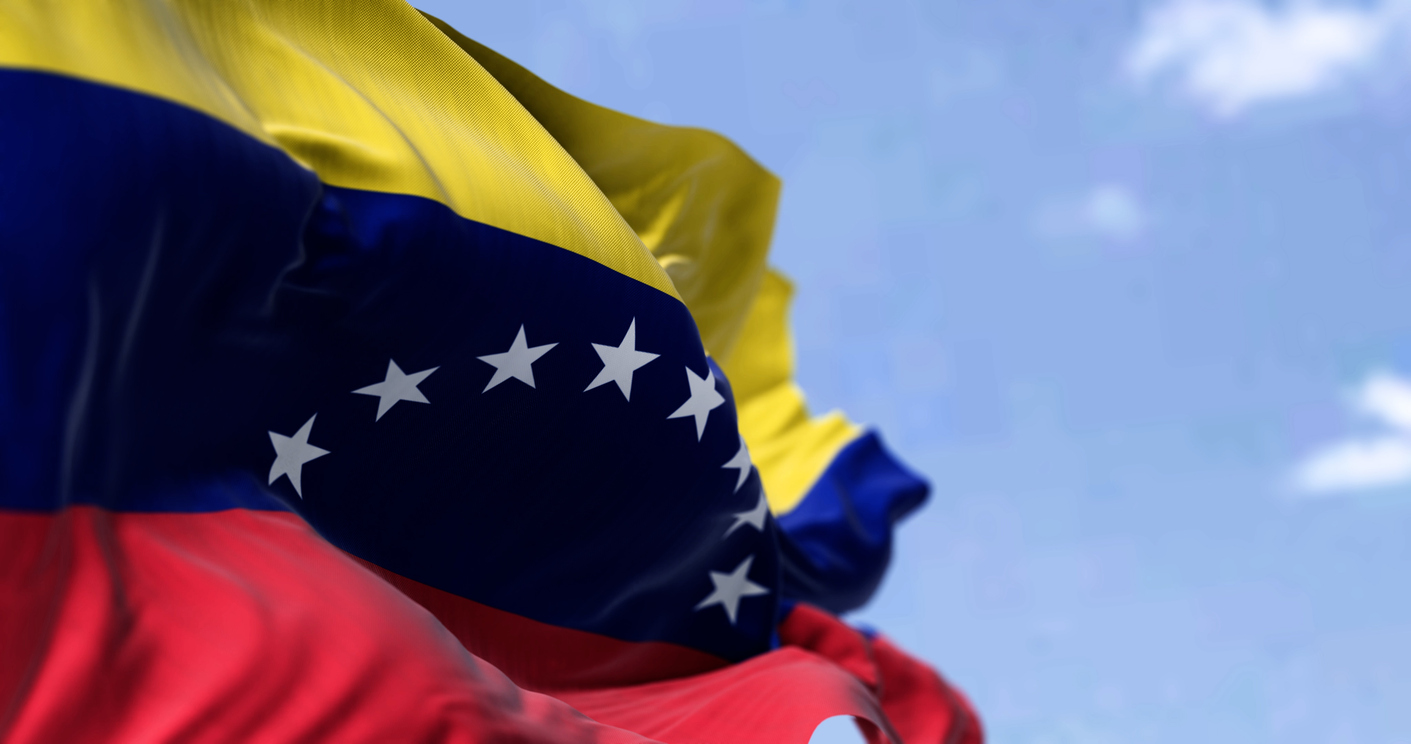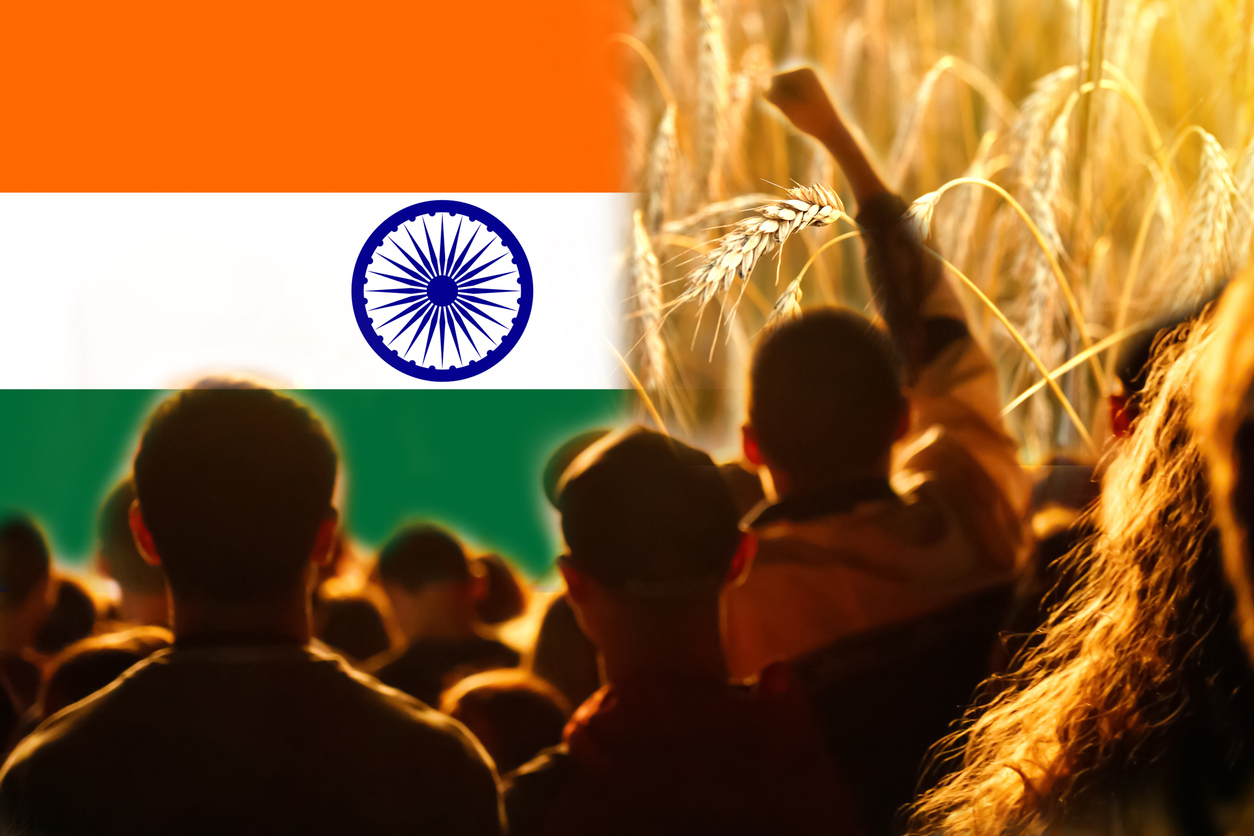Tag: International

Philippines Armed Forces Resist a Dictatorship
Time Period: 1982-1986Location: The PhilippinesMain Actors: Armed Forces of the Philippines, Reform of the Armed Forces Movement (RAM), Fidel Ramos, Juan Ponce EnrileTactics - Selective refusal of assistance by government...

Teachers in Hungary Oppose Democratic Backsliding
Time Period: 202-2024Location: Budapest, HungaryMain Actors: Tanítanék NGO, Hungarian teachers, students, and parentsTactics - Assemblies of protest or support - Human chains - Destruction of Government Documents Hungarian democracy has...

Brazilian Business Leaders Push Back on an Illiberal President
Time Period: 2019-2023Location: Brazil, especially Rio de JaneiroMain Actors: Federation of Industries of the State of São Paulo, Instituto Ethos, Sistema BTactics: - Declarations by organizations and institutions - Signed...

Venezuelan Military Officers Refuse Honors from a Dictator
Time Period: June 2000Location: VenezuelaMain Actors: Venezuelan Military OfficersTactics - Selective social boycott Venezuela began a long, sad road towards authoritarianism and economic crisis during Hugo Chávez’s presidency (1999-2013). The...

Ukrainian Veterans Save Lives Through Quiet Diplomacy
Time Period: December 2002 - December 2004Location: UkraineMain Actors: General Volodymyr Antonets, veterans & officers in the Ukrainian security forcesTactics - Dialogue/engagement - Fraternization - Withholding or withdrawal of allegiance...

Hungarian Evangelicals Resist Democratic Backsliding
Time Period: 2010-2019Location: Budapest, HungaryMain Actors: Hungarian Evangelical Fellowship (HEF), Pastor Gábor Iványi.Tactics - Declarations by organizations and institutions - Selective social boycott - Protective presence - Signed public statements...

Polish Judges Resist Attacks on the Rule of Law
Time Period: 2016-2021Location: Poland, especially Warsaw; Brussels, BelgiumMain Actors: Polish Judges Association Iustitia, Association of Judges Themis, Wolne Sądy lawyers group, Polish Constitutional Tribunal, Polish Supreme CourtTactics - Civil disobedience...

Indian Farmers’ Unions Block Roads to Bolster Democracy
Time Period: June 2020 - December 2021Location: India (Punjab & Delhi)Main Actors: Farm Unions, organized under the Samyukta Kisan Morcha (“United Farmers’ Front”)Tactics - Protest camps, nonviolent occupation, sit-ins -...

Small Businesses Fuel the Fight for Freedom in Ukraine
Time Period: 1999 - 2005Location: UkraineMain Actors: Small- and medium-sized Ukrainian businesses; Anatoliy Kinakh and the League of Industrialists and EntrepreneursTactics - Material support - Institutional action - Generalized strikes ...

German Businesses Defend Democracy and Fight Extremism
Time Period: 2017-PresentLocation: GermanyMain Actors: WVIB, VDMA, Welcome Saxony, Business LeadersTactics - Civic Engagement - Media Outreach - Signed Letters of Support - Social Media Campaign Given their country’s history...
